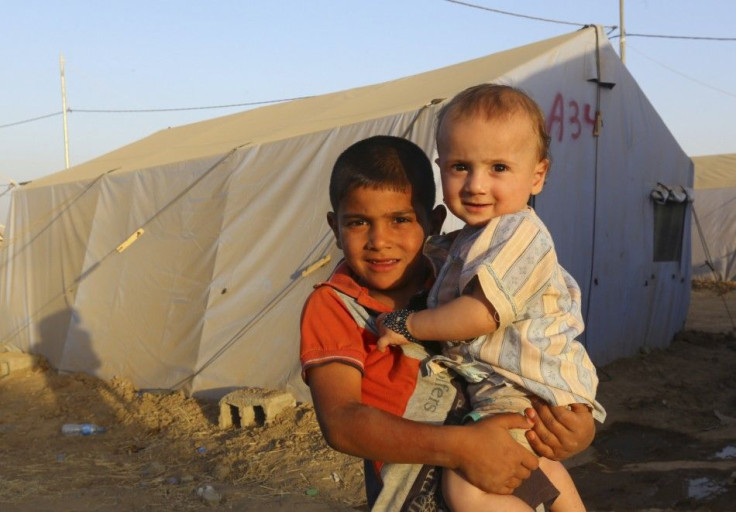Obama Says Iraq Mission Accomplished: UN Says Not Yet

Citing improvement in the distress of Yazidi refuges stranded at the Sinjar mountains, the United States on Thursday announced that its mission has been accomplished. The ISIL siege in Sinjar has been broken, Obama declared in his chat with news persons. The President recalled the assistance by the U.S in helping vulnerable people reach safety and in saving many innocent lives.
Considering the drastic improvement in the situation, the U.S would not pursue the planned airlifting of people at the mountains and the humanitarian airdrops also not continue.
But this claim of normalcy was contradicted by the United Nations. The UN spokesman said the situation on the mountain was not fine. Several thousands of people are still stranded on Mount Sinjar and need urgent assistance. The UN Office for the Coordination of Humanitarian Affairs (UNOCHA) held a separate briefing to press its point of view.
US Personnel
Obama said the military personnel who had conducted the assessment of Mount Sinjar would leave Iraq in the coming days. The United States had sent 130 military personnel to Erbil to plan a safe corridor for Yazidis. But the team of U.S. personnel who flew to Mount Sinjar assessed that only a few thousand people are left on the narrow strip of 65 km. Within that group, some 2,000 people wanted to stay there.
Pentagon spokesman John Kirby also did not commit on future U.S. air strikes in Iraq. He said, President Obama authorised strikes only to protect the U.S. personnel in Iraq.
No Shelter for Yazidis
Meanwhile, the Guardian reported that some 50,000 displaced Yazidis are yet to find shelter inside the Kurdish area. They had abandoned their homes and belongings after fleeing from Islamic State extremists.
Officials in Erbil acknowledged that the Yezidi refugees have now access to water and food, but shelter was a big problem. Every town square and unfinished buildings between the Syrian Kurdish border and Duhok town are now crammed with Yazidis.
The massacre and deprivation of Yazidis caused by Islamic State fighters evoked a sympathetic international response and the US responded with airstrikes against jihadist positions in northern Iraq. Besides the U.S, Britain, Turkey, France and Australia also joined the US efforts in dropping food and water to the distressed.





















